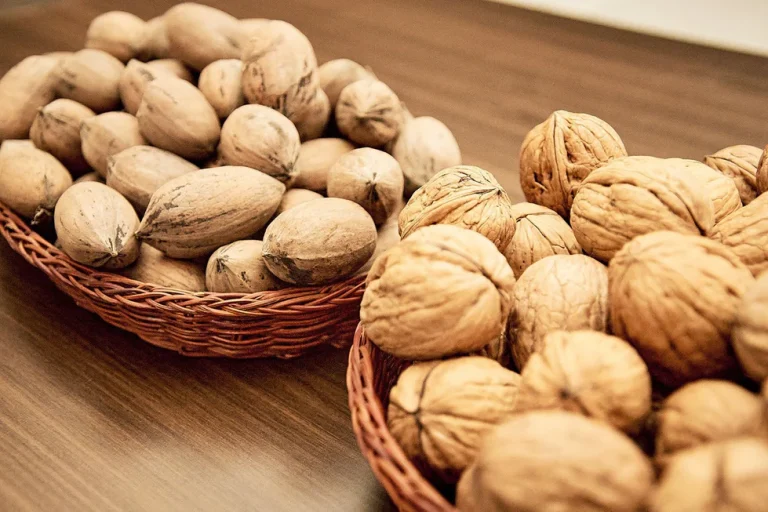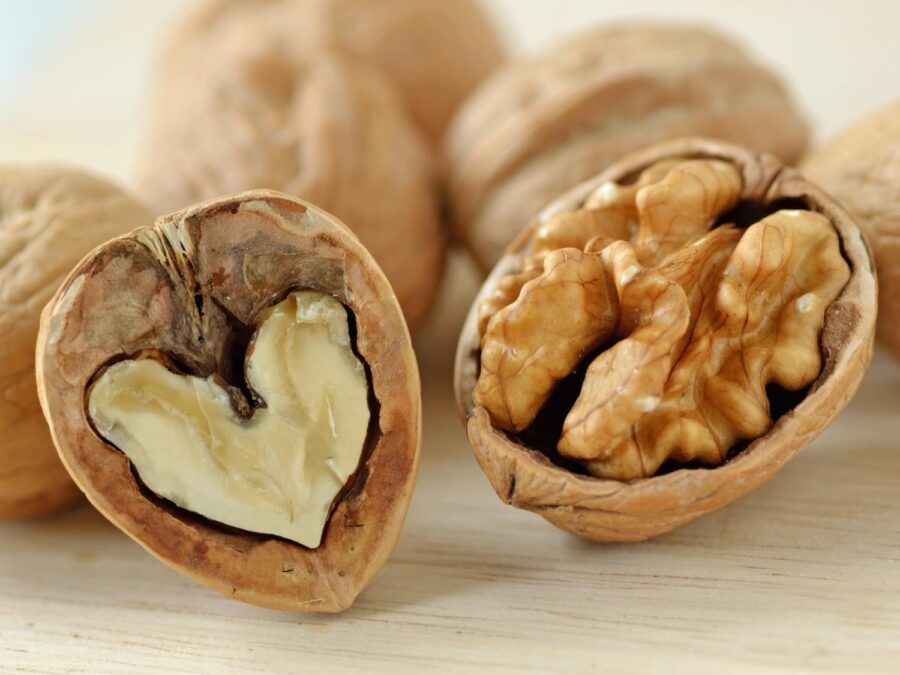Walnuts are often praised for their impressive nutritional benefits. They are rich in omega-3 fatty acids, antioxidants, plant-based protein, and essential minerals. Many people enjoy walnuts as a quick snack or add them to meals throughout the day. But what happens when you eat walnuts at night? While walnuts are healthy, consuming them too late in the evening may cause certain discomforts for some individuals. Below is a closer look at the potential health issues that may arise when eating walnuts at night, and how to enjoy them without disrupting your sleep or digestion.
1. Possible Indigestion and Bloating
Walnuts contain a high amount of healthy fats and fiber, which are excellent for heart health and digestive function during the day. However, eating them right before bedtime can place extra stress on your digestive system. Because fat takes longer to digest than carbohydrates or protein, late-night walnut consumption may lead to:
- bloating
- gas or flatulence
- abdominal discomfort
- acid reflux
- a feeling of heaviness in the stomach
These symptoms can interfere with falling asleep and may cause restless sleep throughout the night.
2. Increased Risk of Weight Gain if Overeaten

Although walnuts are nutrient-dense, they are also high in calories—about 650 to 700 calories per 100 grams. Eating calorie-dense foods late at night can make it easier for the body to store excess calories as fat, especially when physical activity is low. Snacking on too many walnuts before bed may contribute to gradual weight gain, even if the food itself is healthy. Portion control is essential, especially for people trying to manage their weight or maintain a calorie deficit.
3. Feeling Overheated or Thirsty
Some individuals have more sensitive digestive systems and may experience unusual warmth or thirst after eating fatty foods at night. Because walnuts contain a significant amount of fat, the body may produce more metabolic heat during digestion. This can leave some people feeling uncomfortable or dehydrated when trying to sleep. Drinking water can help, but consuming walnuts earlier in the evening is a more effective solution.
4. Potential Sleep Disturbance
Walnuts naturally contain melatonin—a hormone that helps regulate sleep—and many believe that walnuts are a great nighttime snack. While this is true for some people, others experience the opposite effect. Because the digestive system must work harder to break down fats, eating walnuts too close to bedtime may cause subtle discomfort or restlessness. This can delay sleep onset or lead to frequent waking during the night, particularly in individuals who already struggle with sensitive digestion or acid reflux.
5. Who Should Be More Cautious?

Certain individuals should avoid eating walnuts late at night due to specific health conditions, including:
- People with acid reflux or GERD
- Individuals with irritable bowel syndrome (IBS)
- Those with slow digestion or chronic bloating
- People who experience nighttime heartburn
- For these groups, walnuts are still healthy—but they are better consumed earlier in the day.
How to Enjoy Walnuts at Night Safely
If you enjoy walnuts as an evening snack, you do not have to cut them out completely. Instead, consider these guidelines:
- Eat 1–3 pieces, not a full handful.
- Avoid eating them within one hour of bedtime.
- Pair walnuts with a light food like yogurt to reduce digestive discomfort.
- Drink enough water throughout the evening.
Conclusion
Walnuts are undeniably nutritious, but eating them at night may cause digestive issues, discomfort, or sleep disruption for some people. By practicing portion control and choosing the right timing, you can continue to enjoy the health benefits of walnuts without the unwanted nighttime side effects. If your body reacts negatively to late-night walnut snacking, it may be best to enjoy them earlier in the day when your digestive system is more active.
➕






